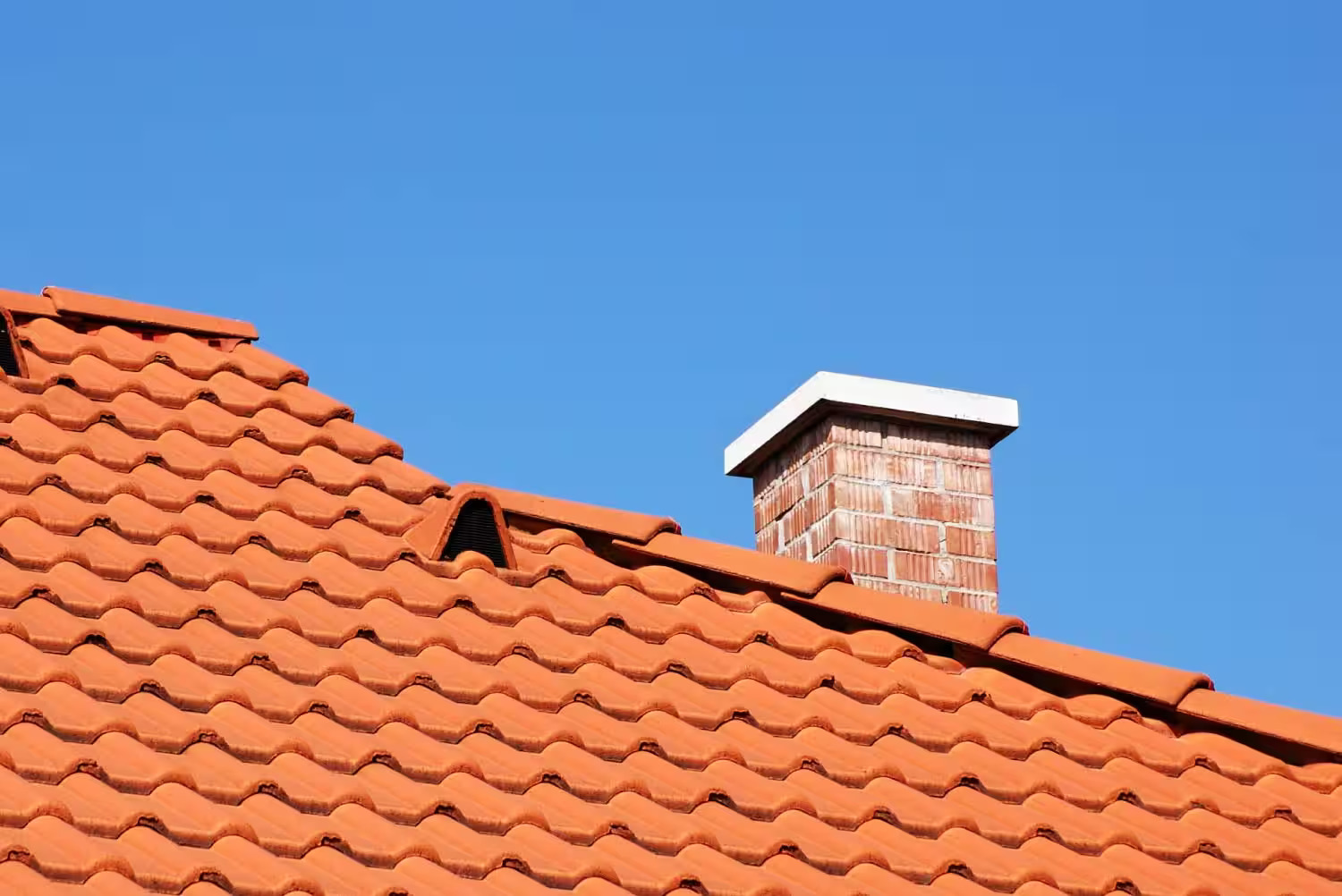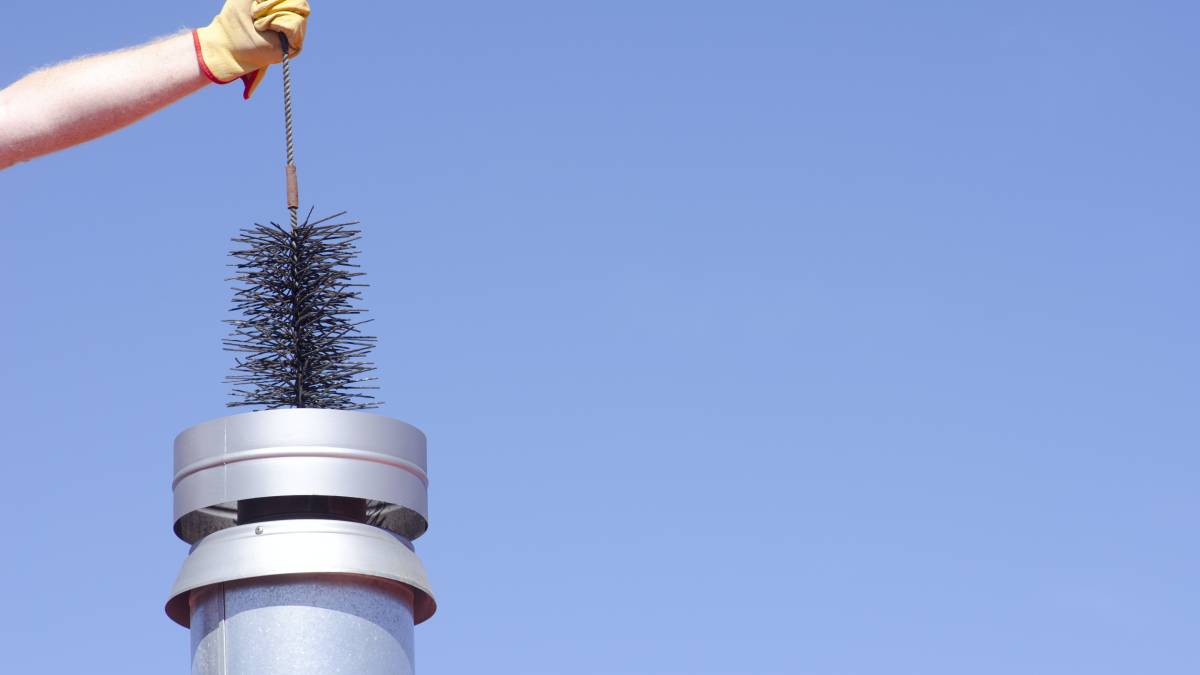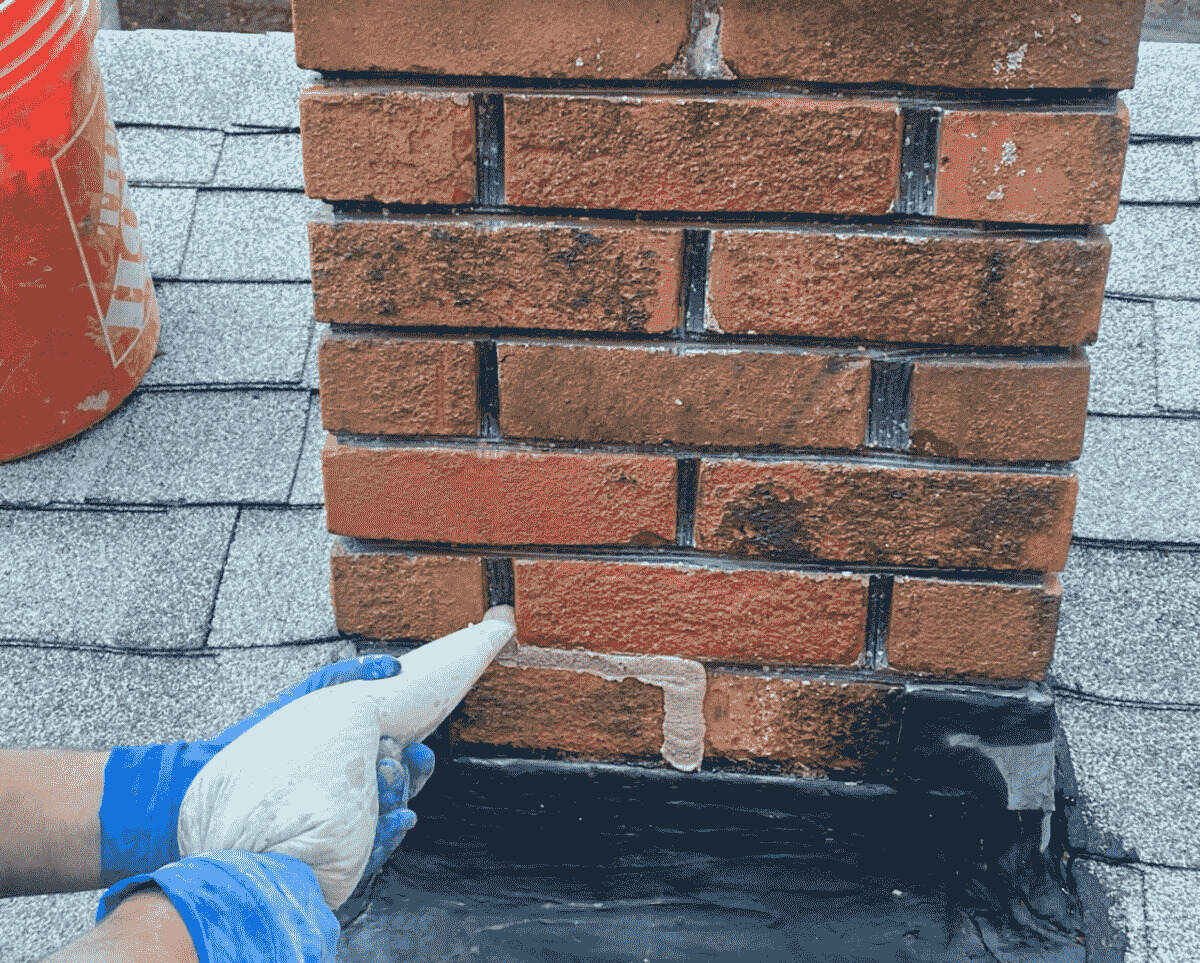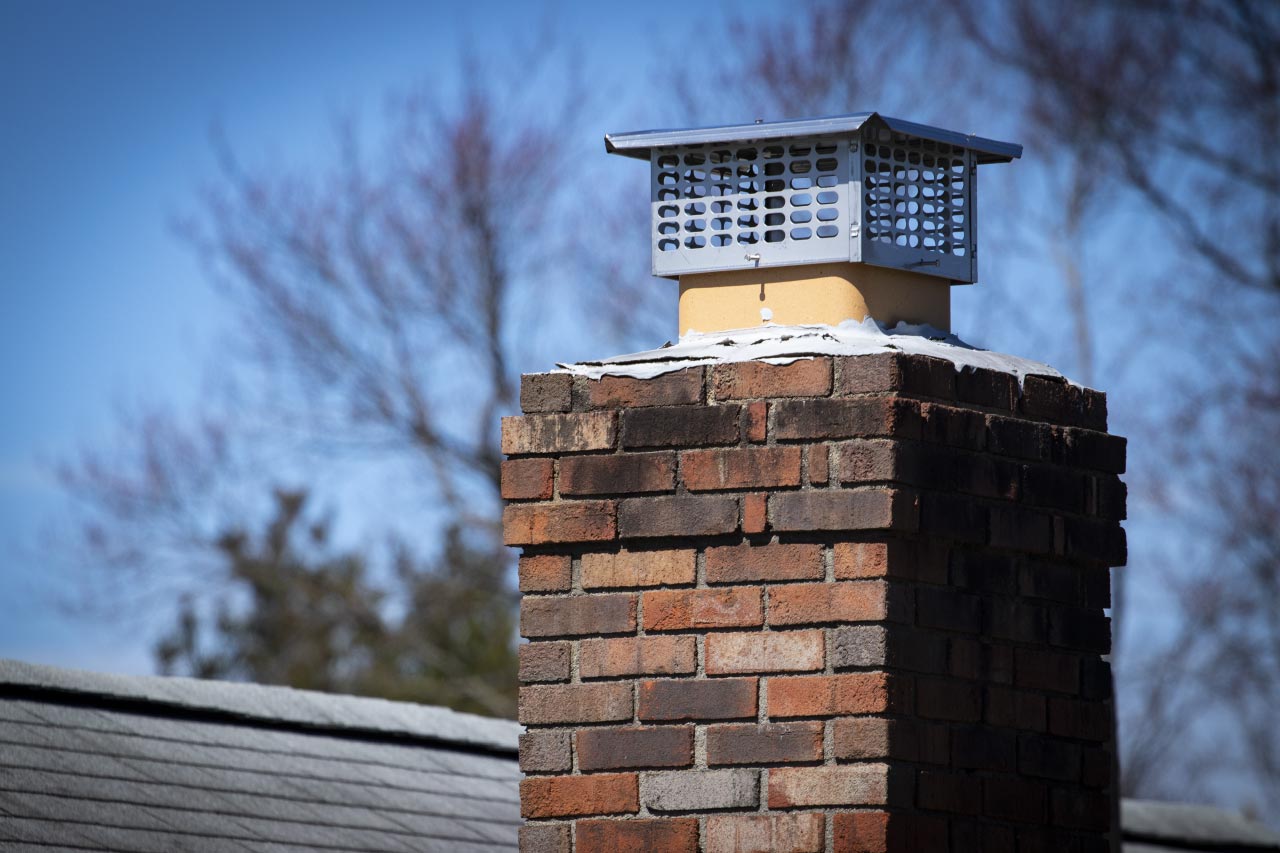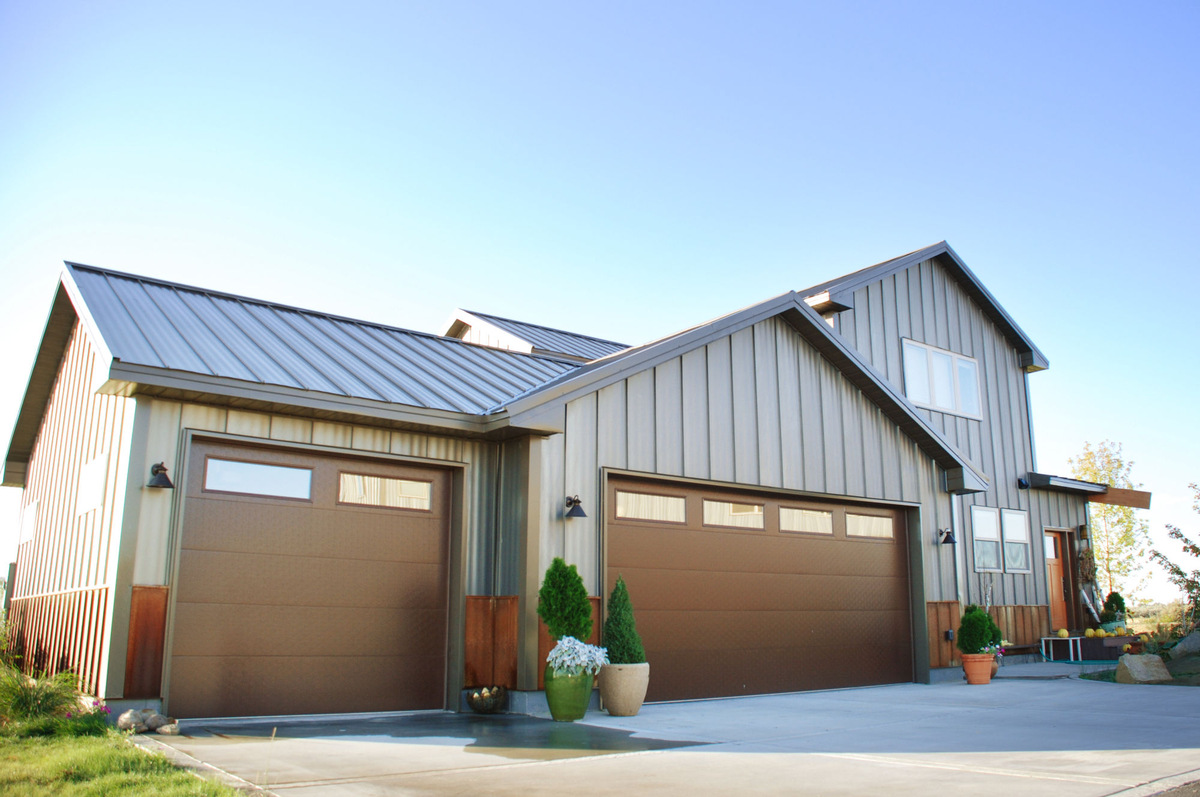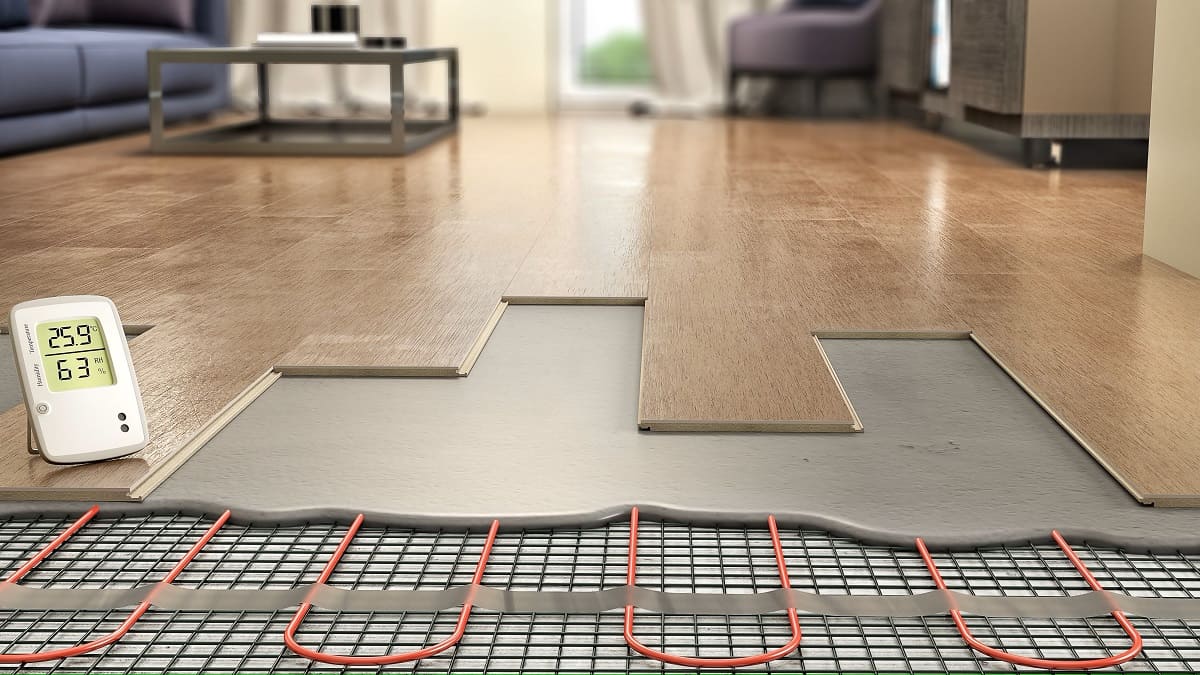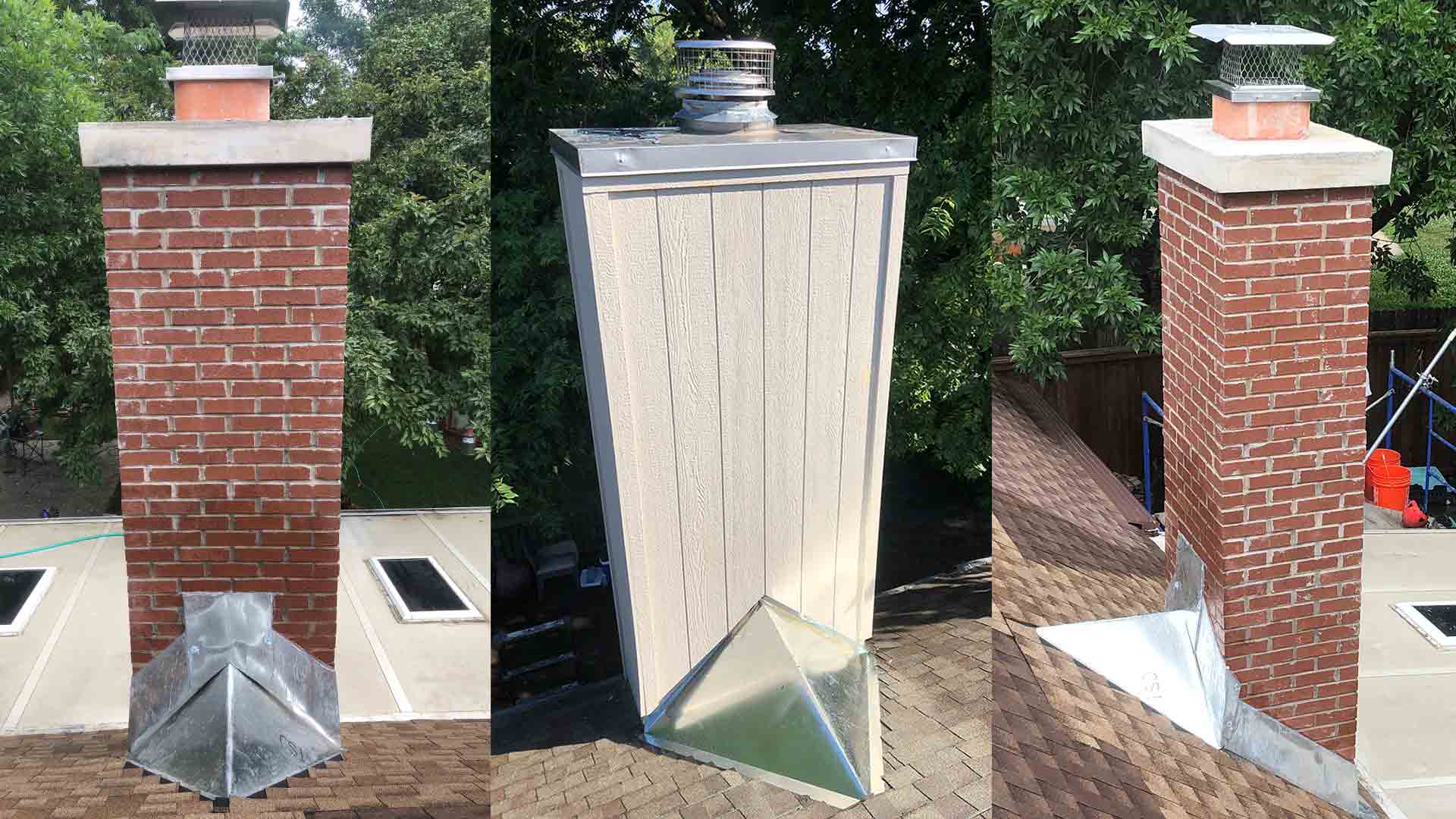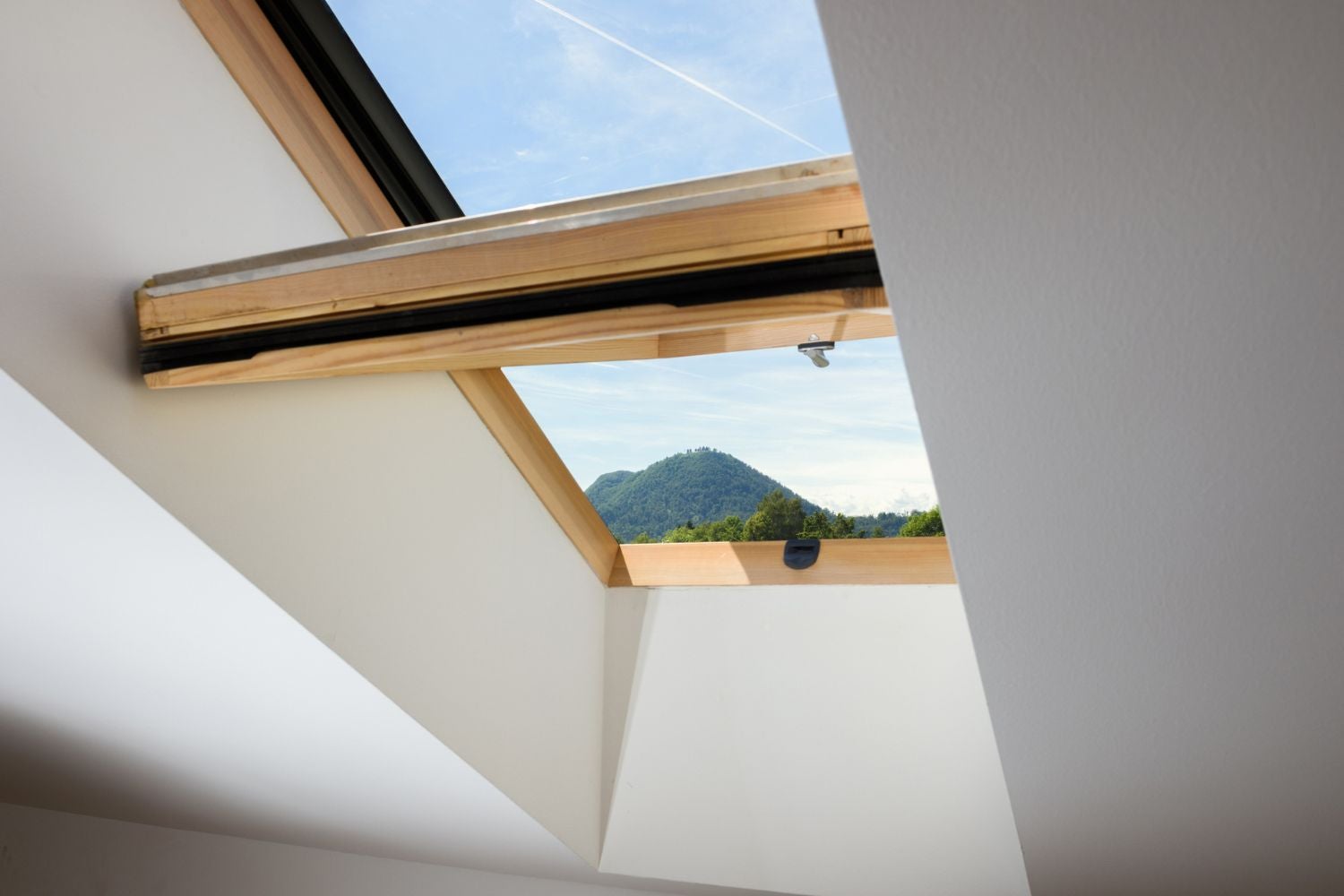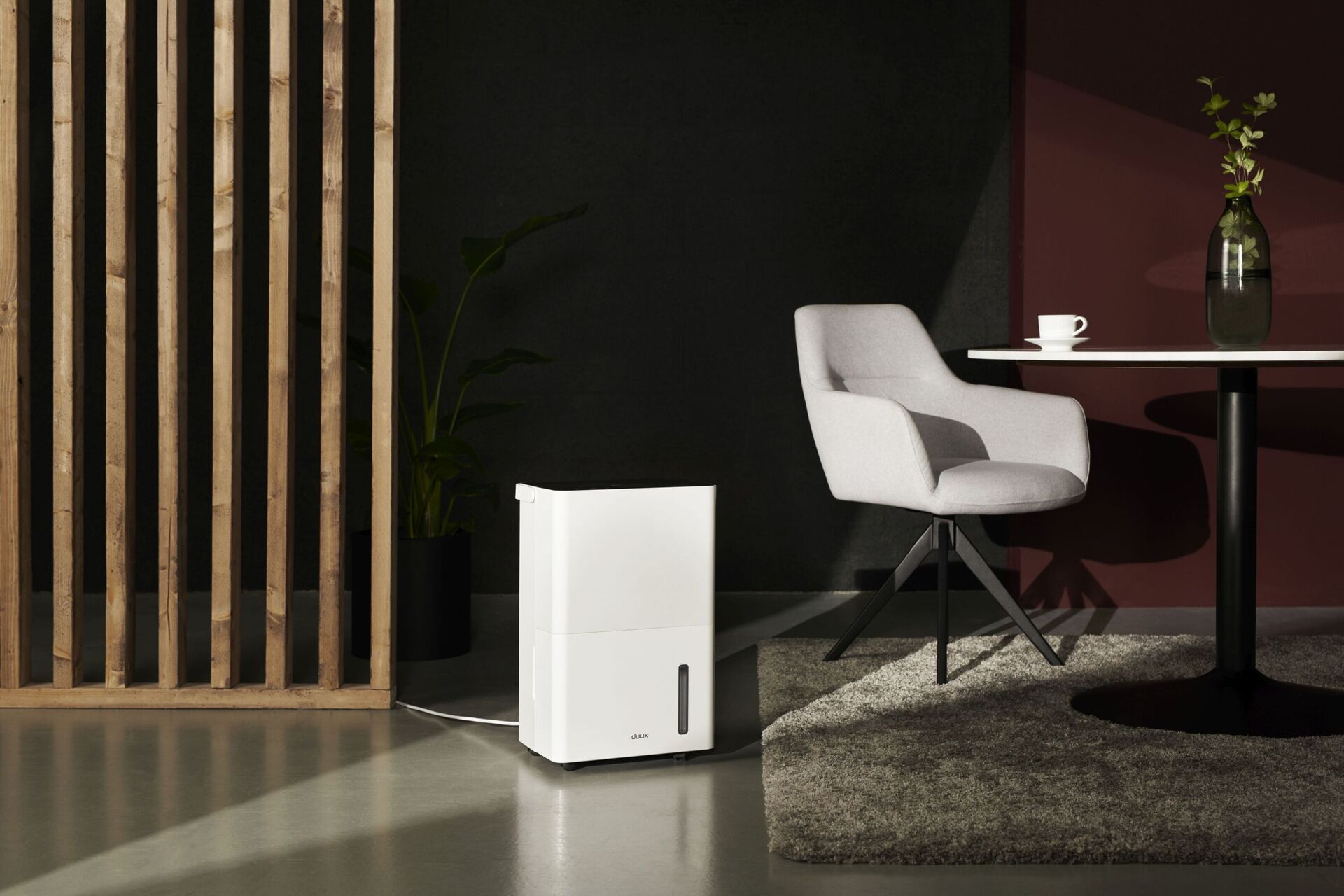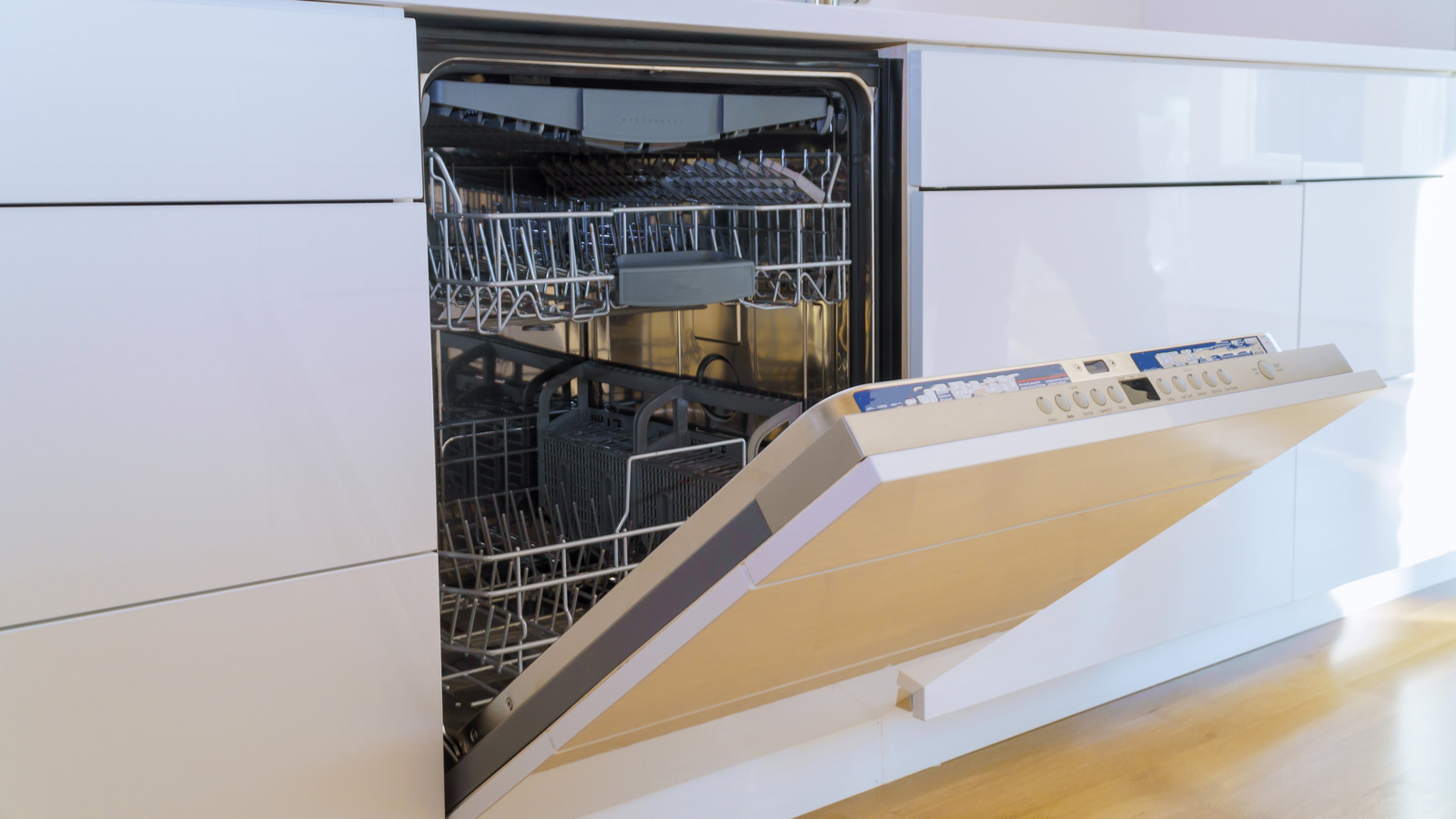Home>Home Maintenance>How Much Does FurnACe Repair Cost
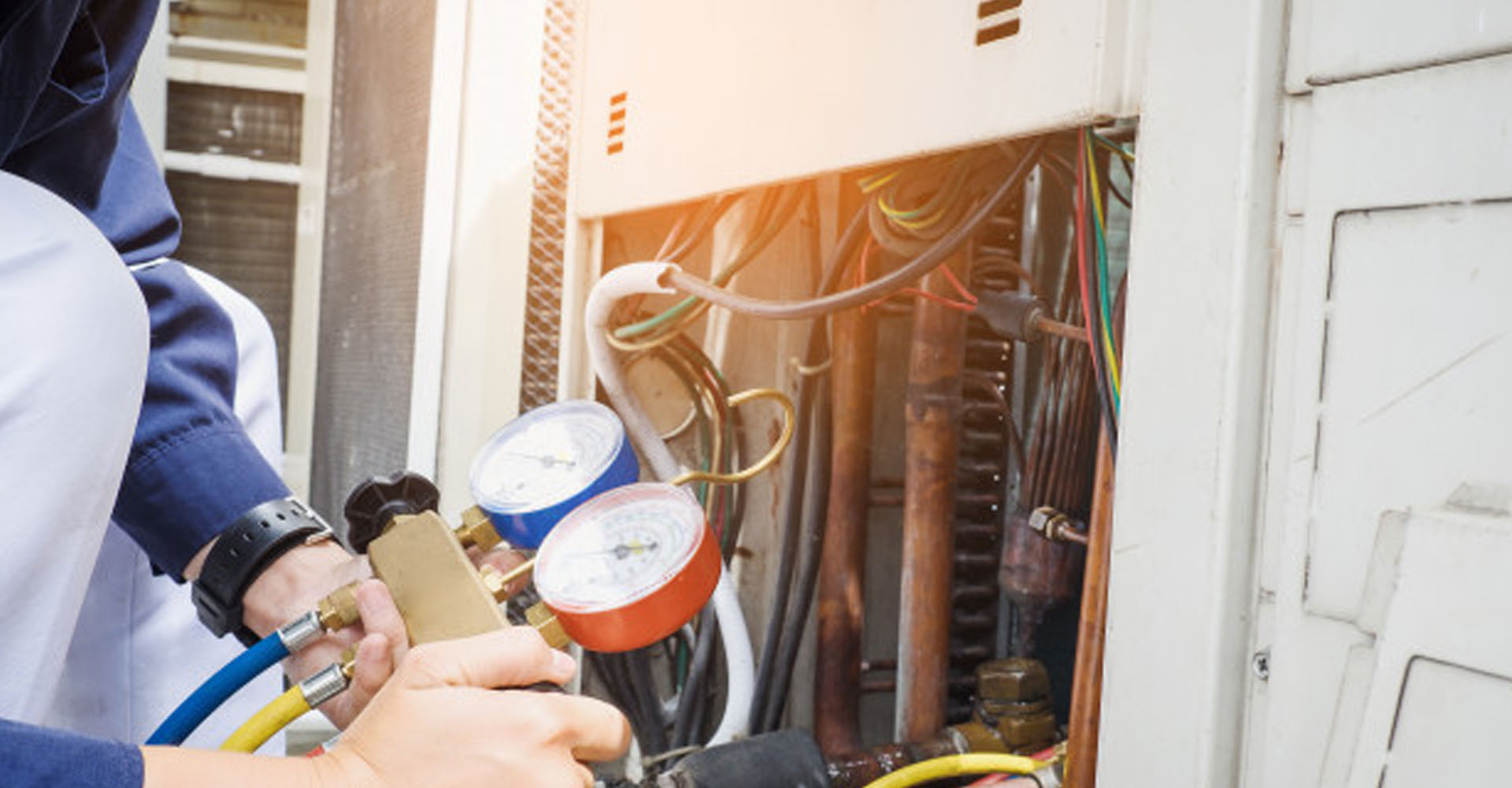

Home Maintenance
How Much Does FurnACe Repair Cost
Modified: October 20, 2024
Get an estimate on furnace repair costs for your home maintenance needs. Find out how much it will cost to fix your furnace and keep your home warm and cozy.
(Many of the links in this article redirect to a specific reviewed product. Your purchase of these products through affiliate links helps to generate commission for Storables.com, at no extra cost. Learn more)
Introduction
When it comes to keeping our homes cozy and comfortable during the chilly winter months, a well-functioning furnace is essential. However, like any other appliance, furnaces can develop issues over time and may require repairs. While furnace repairs are inevitable, the cost of these repairs can vary depending on several factors.
In this article, we will explore the various factors that can affect furnace repair costs and provide insights into the common furnace repairs and their associated expenses. We will also discuss the average cost of furnace repair, compare the costs of DIY repairs versus professional repairs, and share some useful tips for saving money on furnace repairs.
By the end of this article, you will have a better understanding of what to expect in terms of furnace repair costs and be equipped with valuable knowledge to make informed decisions regarding your furnace maintenance.
Key Takeaways:
- Furnace repair costs vary based on factors like repair type, extent of damage, and furnace age. Understanding these factors can help homeowners anticipate and budget for potential repair expenses.
- While some minor furnace repairs can be DIY, complex repairs should be left to professionals. Regular maintenance, clean filters, and seeking multiple quotes can help save money on furnace repairs in the long run.
Read more: How Much Does A New Furnace And AC Cost
Factors Affecting Furnace Repair Costs
Several factors can influence the cost of furnace repairs. It’s important to consider these factors to get a better understanding of why the costs may vary between different repair services. Here are the key factors that can affect furnace repair costs:
- Type of Repair: The type of repair required for your furnace plays a significant role in determining the overall cost. Some repairs may be simple and require minimal time and effort, while others may involve complex procedures and the replacement of expensive parts.
- Extent of Damage: The extent of damage to your furnace also affects the cost of repairs. Minor issues, such as a clogged filter or a faulty thermostat, can usually be resolved quickly and at a lower cost. However, if the damage is extensive and requires major repairs or component replacement, the cost will naturally be higher.
- Age of the Furnace: The age of your furnace can impact repair costs. Older furnaces may require more frequent and extensive repairs due to wear and tear. In some cases, older furnaces may have discontinued parts, which can increase the cost of repairs as finding replacement parts becomes more challenging.
- Type of Furnace: The type of furnace you have can also affect repair costs. Different types of furnaces, such as gas, electric, or oil furnaces, have unique components and mechanisms. The availability and cost of replacement parts can vary depending on the type of furnace, which will impact the overall repair cost.
- Location: The location of your home can influence furnace repair costs. Repair services in urban areas or regions with a higher cost of living may charge more for their services. Additionally, accessibility to your furnace and the distance the repair technician needs to travel can also impact the final cost.
- Emergency Repairs: If your furnace breaks down during the cold winter months, it may be considered an emergency repair. Emergency repairs often come with a higher price tag due to the immediate response and higher demand for services during peak seasons.
It’s crucial to keep these factors in mind when seeking furnace repair services. By understanding the elements that contribute to the cost, you can better evaluate repair estimates and make informed decisions about maintenance and repair options for your furnace.
Common Furnace Repairs and Their Costs
Furnaces can experience a range of issues that require professional repairs. Here are some of the most common furnace repairs and the average costs associated with each:
- Thermostat Replacement: If your furnace is not producing enough heat or is cycling on and off frequently, the problem may lie with the thermostat. A thermostat replacement typically costs between $100 to $300, depending on the type and quality of the thermostat.
- Igniter Replacement: The igniter is responsible for starting the combustion process in your furnace. Over time, the igniter may become faulty or worn out. Replacing an igniter can cost anywhere between $150 to $300.
- Blower Motor Replacement: The blower motor is responsible for pushing warm air throughout your home. If the motor malfunctions, it may need to be replaced. The cost of a blower motor replacement can range from $300 to $600, depending on the specific make and model of the furnace.
- Heat Exchanger Repair: The heat exchanger is a vital component of your furnace that transfers heat from the combustion process to the air. If the heat exchanger is cracked or damaged, it may need repair or replacement. Repairing a heat exchanger can cost between $500 to $1,500, while replacement costs can range from $1,500 to $3,500.
- Gas Valve Replacement: If your furnace is not receiving the proper amount of gas, it may be due to a faulty gas valve. Gas valve replacement can cost between $300 to $600, depending on the type and brand of valve.
- Control Board Replacement: The control board regulates the various functions of your furnace. If it malfunctions, it may need to be replaced. The cost of a control board replacement typically ranges from $300 to $600, including parts and labor.
It’s important to note that these are just average costs and can vary depending on factors such as your location, the make and model of your furnace, and the specific repair service you choose. Always consult with a professional technician to accurately diagnose the issue and provide you with an estimate for the necessary repairs.
Average Cost of Furnace Repair
The cost of furnace repair can vary greatly depending on the specific repair needed, the extent of the damage, and the factors mentioned earlier. However, it’s useful to have a general idea of the average cost of furnace repairs to anticipate potential expenses.
On average, homeowners can expect to pay between $150 to $500 for furnace repairs. This range covers minor repairs, such as thermostat replacement or igniter repair. More extensive repairs, such as heat exchanger replacement or blower motor repair, can cost anywhere from $500 to $1,500 or more.
It’s important to remember that these are rough estimates and the final cost can vary based on several factors, including your location, the complexity of the repair, and the specific contractor or service provider you choose. To get an accurate estimate for your furnace repair, it’s recommended to reach out to multiple reputable HVAC technicians and compare their quotes.
Additionally, it’s worth considering the age and overall condition of your furnace when estimating repair costs. If your furnace is older and experiencing frequent breakdowns or requires major repairs, it may be more cost-effective in the long run to invest in a new, energy-efficient furnace rather than continually paying for expensive repairs.
While the cost of furnace repairs can be a concern, it’s crucial to address any issues promptly to avoid further damage and ensure the safety and efficiency of your heating system. Regular maintenance and prompt repairs when needed can help prolong the lifespan of your furnace and prevent more costly repairs down the line.
Regular maintenance can help prevent costly furnace repairs. However, if you do need a repair, the cost can range from $100 to $1,500, depending on the issue and the type of furnace. Always get multiple quotes before choosing a repair service.
DIY Furnace Repair vs. Professional Repair Costs
When you encounter furnace issues, you may wonder whether to attempt a do-it-yourself (DIY) repair or hire a professional technician. While DIY repairs can sometimes save you money, it’s essential to consider the potential risks and benefits before deciding.
DIY Furnace Repair:
DIY furnace repairs can be a tempting option, especially for those who are handy and have some knowledge of HVAC systems. There are minor repairs that homeowners can safely perform themselves, such as cleaning or replacing a furnace filter, resetting the circuit breaker, or adjusting the thermostat settings. These tasks do not require specialized skills or tools and can help improve the overall performance of your furnace.
However, it’s crucial to exercise caution and avoid attempting complex repairs if you are not experienced or lack the necessary knowledge. Furnaces are complex systems that involve various electrical and gas components, and incorrect repairs can lead to further damage, safety hazards, or voided warranties. It’s always recommended to consult the owner’s manual or seek guidance from a professional technician before attempting any furnace repairs on your own.
Professional Repair Costs:
While DIY repairs may seem like a cost-effective option, it’s important to recognize the value of professional furnace repair services. Hiring a trained and experienced HVAC technician ensures that the diagnosis is accurate, the repairs are done correctly, and the safety of your home and family is prioritized.
The cost of professional furnace repairs can vary depending on factors such as your location, the specific repair needed, and the contractor you choose. Generally, professional repairs may come with a higher price tag compared to DIY repairs due to the expertise and specialized tools required. However, the investment in professional services often ensures a proper and lasting repair, which can save you money in the long run by preventing further damage or the need for additional repairs.
Moreover, professional technicians often offer warranties on their work, giving you peace of mind and protection in case any issues arise after the repair. They also have access to quality replacement parts and can provide valuable advice on furnace maintenance and care.
In summary, while some minor furnace repairs can be safely done by homeowners, it’s advisable to leave complex repairs to the professionals. By hiring a qualified technician, you can ensure that your furnace is repaired correctly and efficiently, maximizing its performance and longevity.
Read more: How Much Does Chimney Inspection Cost
Tips for Saving Money on Furnace Repair
Furnace repairs can sometimes be costly, but there are several ways to minimize expenses and save money. Here are some helpful tips for saving money on furnace repairs:
- Regular Maintenance: Prevention is key when it comes to saving money on furnace repairs. Schedule regular maintenance with a professional technician to ensure that your furnace is running efficiently and to catch any potential issues early on. Regular maintenance can help identify small problems before they turn into major repairs.
- Change Air Filters: Regularly replacing air filters is a simple yet effective way to keep your furnace in good condition. Clogged or dirty filters can restrict airflow, strain the system, and lead to more frequent breakdowns. By changing the filters as recommended by the manufacturer, you can improve the efficiency of your furnace and prolong its lifespan.
- Keep Vents Clean and Unobstructed: Ensure that all vents and registers in your home are clean and unobstructed. Blocked vents can restrict airflow, causing strain on the furnace and potential damage. Regularly vacuuming vents and keeping them free from dust, debris, or furniture can help maintain proper airflow and reduce the risk of furnace problems.
- Invest in a Programmable Thermostat: Installing a programmable thermostat allows you to set the temperature according to your schedule. This can help reduce unnecessary heating and minimize wear and tear on your furnace. By optimizing your heating settings, you can save energy and potentially reduce the need for repairs.
- Seek Multiple Quotes: When faced with a furnace repair, don’t hesitate to shop around and get multiple quotes from reputable HVAC technicians. This can help you compare prices, services, and warranties offered, allowing you to make an informed decision and potentially save money.
- Consider Extended Warranties: If your furnace is still under warranty or if you’re purchasing a new furnace, consider investing in an extended warranty. While this may involve an additional cost upfront, an extended warranty can provide peace of mind and financial protection in case of major repairs or component failures.
- Utilize Energy Efficiency Rebates: Check if there are any energy efficiency rebates or tax credits available in your area for upgrading or repairing your furnace. Many utility companies and government programs offer incentives to homeowners who invest in energy-efficient appliances or make energy-saving improvements to their homes. These incentives can help offset the cost of repairs or encourage you to upgrade to a more efficient furnace.
By following these tips, you can prolong the lifespan of your furnace, reduce the likelihood of costly repairs, and potentially save money on your heating expenses.
Conclusion
Maintaining a well-functioning furnace is crucial for keeping our homes warm and comfortable during the winter months. However, furnace repairs are inevitable and can come with varying costs depending on several factors.
In this article, we explored the factors that can affect furnace repair costs, such as the type of repair needed, the extent of damage, the age and type of furnace, the location, and the urgency of the repair. Understanding these factors can help you better anticipate the potential costs associated with furnace repairs and make informed decisions when seeking professional help.
We also discussed common furnace repairs and their average costs, including thermostat replacement, igniter replacement, blower motor replacement, heat exchanger repair, gas valve replacement, and control board replacement. This information provides insight into the potential expenses you may encounter when addressing specific furnace issues.
Additionally, we looked at the comparison between DIY furnace repairs and professional repairs. While there are minor repairs that homeowners can safely perform themselves, it’s important to exercise caution and prioritize safety. Professional repairs may come with a higher price tag, but they offer expertise, warranty protection, and long-term durability.
To save money on furnace repairs, we offered several tips, including regular maintenance, changing air filters, keeping vents clean and unobstructed, using a programmable thermostat, seeking multiple quotes, considering extended warranties, and utilizing energy efficiency rebates.
In conclusion, while furnace repairs can be costly, being aware of the factors that influence costs and taking proactive measures to maintain your furnace can help minimize expenses in the long run. It’s always recommended to consult with a professional technician for accurate diagnosis, reliable repairs, and personalized advice.
By staying informed and taking appropriate actions, you can ensure your furnace operates efficiently, extend its lifespan, and provide your home with reliable and cost-effective heat for years to come.
Frequently Asked Questions about How Much Does FurnACe Repair Cost
Was this page helpful?
At Storables.com, we guarantee accurate and reliable information. Our content, validated by Expert Board Contributors, is crafted following stringent Editorial Policies. We're committed to providing you with well-researched, expert-backed insights for all your informational needs.
